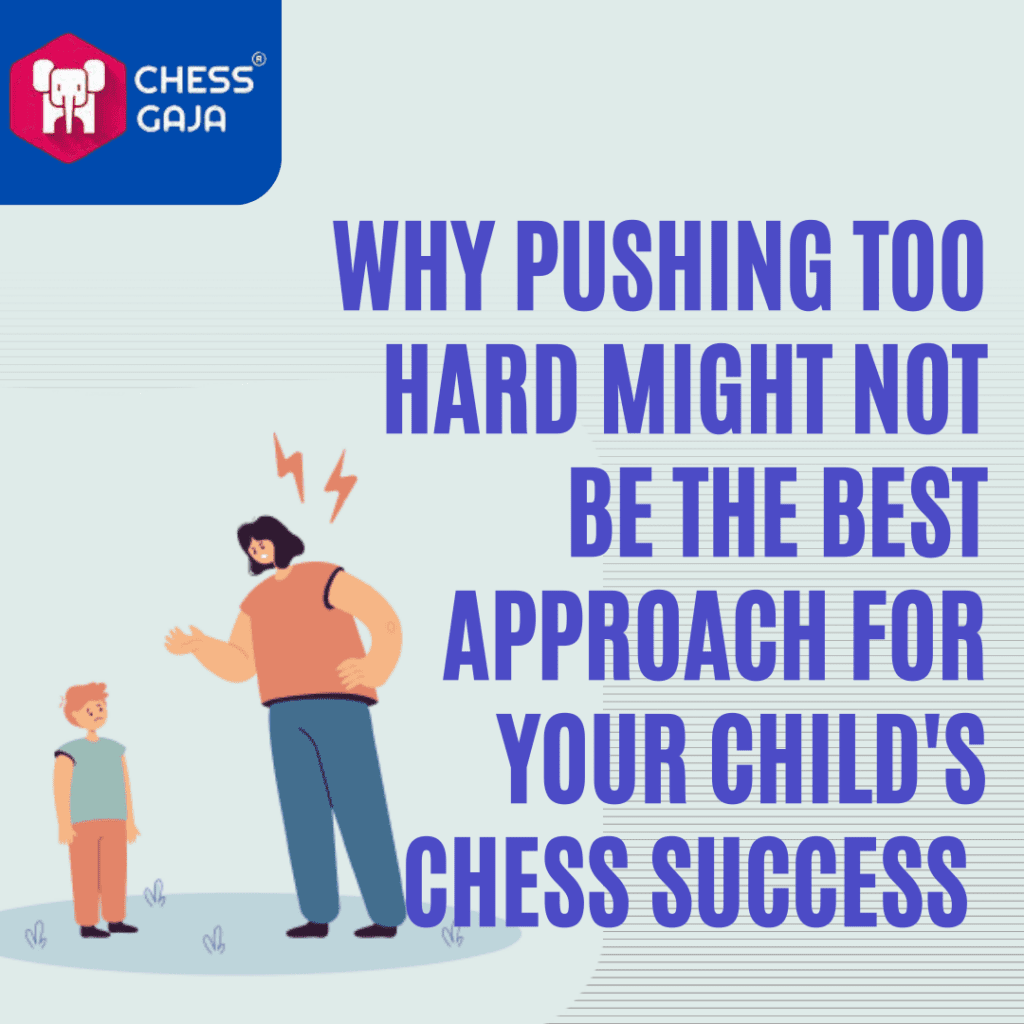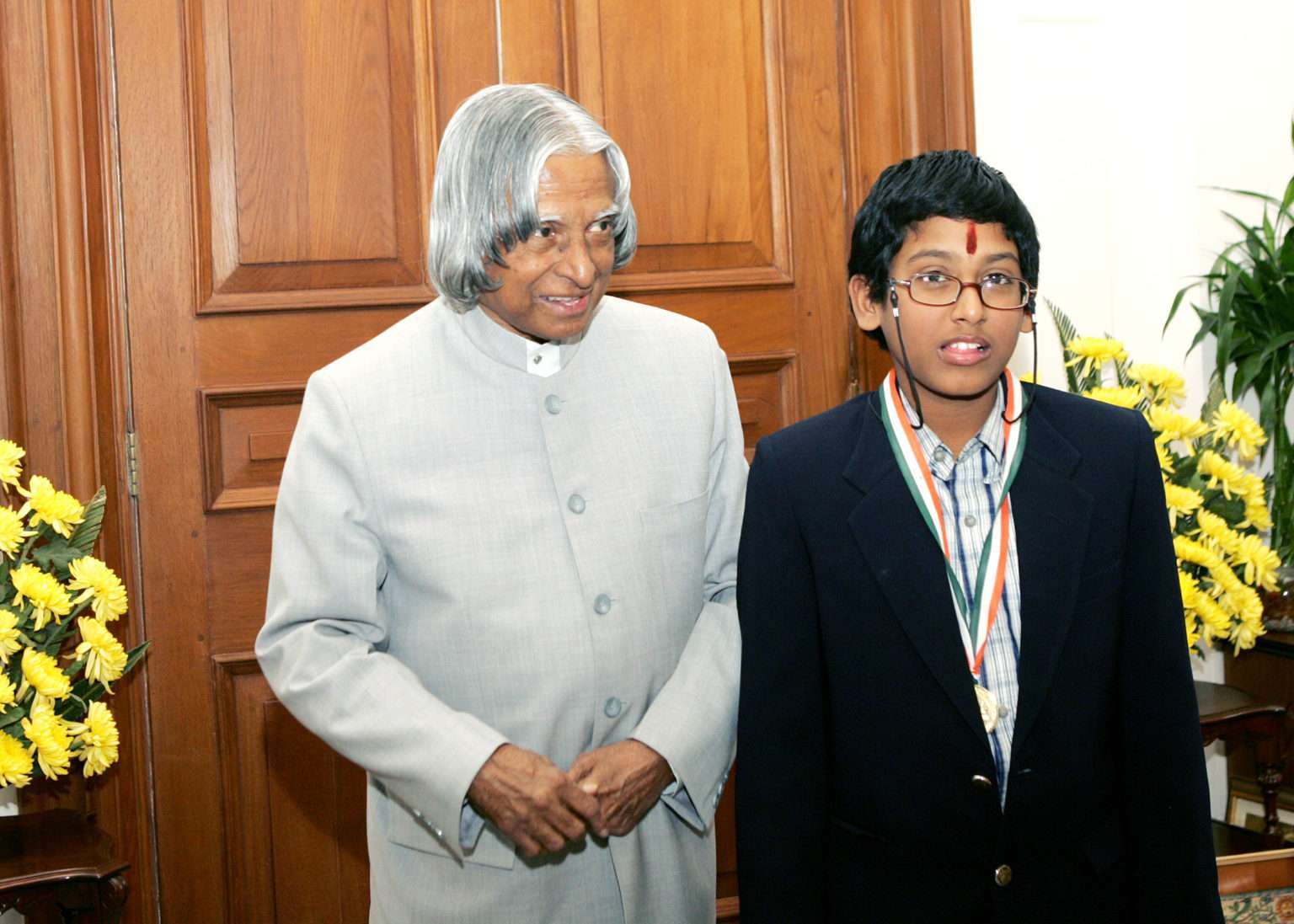Chess is a game that has fascinated people of all ages for centuries. It provides not only entertainment but also countless cognitive and intellectual benefits. As a parent, you may have noticed your child’s interest in chess and want to support their journey to becoming a successful chess player. However, it is crucial to strike a balance between encouraging and pushing too hard. In this article, we will explore why pushing too hard might not be the best approach for your child’s chess success.
The Importance of Balance
When it comes to nurturing your child’s chess skills, finding the right balance is vital. Pushing your child too hard can have several negative consequences that can hinder their progress and enjoyment in the game. It is essential to recognize that every child is different and that they need guidance and support rather than pressure to excel at chess.
The Negative Impact of Pushing Too Hard
- Increased Stress: Putting excessive pressure on your child can lead to increased levels of stress and anxiety. Chess should be a source of enjoyment and a way for your child to relax and have fun. By pushing too hard, you risk turning their passion into a burden.
- Burnout: When children are constantly pushed beyond their limits, there is a likelihood they will experience burnout. This can result in losing interest in the game altogether. It is essential to foster a healthy and sustainable approach to chess, allowing breaks and time for other activities.
- Diminished Motivation: Constant pressure can have a demotivating effect on your child. Instead of nurturing their intrinsic motivation to play chess, pushing too hard may make them only play to meet your expectations. This can eventually lead to a decrease in their passion for the game.
- Strained Parent-Child Relationship: Pushing your child excessively may strain your relationship with them. They may feel overwhelmed and resentful, seeing you as a source of unnecessary stress. Building a positive and supportive relationship will help your child flourish in chess and other aspects of life.
The Role of Enjoyment in Learning
One essential factor in your child’s chess journey is their enjoyment of the game. When children find pleasure in playing, they are more likely to dedicate themselves to learning and improving. By fostering a positive and fun environment around chess, you create a foundation for their long-term success.
Encourage your child’s passion by praising their efforts, regardless of the outcome. Focus on the joy of the game, celebrating their progress, and fostering a love for the intellectual challenges it presents. Instead of solely emphasizing winning, highlight the value of learning from mistakes and enjoying the process of improvement.
Setting Realistic Expectations
While it is important to support and guide your child, it is equally essential to set realistic expectations. Every child progresses at their own pace, and success in chess should not be measured solely by winning tournaments or achieving specific ratings.
Encourage your child to set short-term goals that are within their reach, helping them experience a sense of accomplishment along the way. Celebrate their victories, no matter how small, as this will boost their confidence and motivation to continue learning and growing in chess.
The Importance of the Learning Environment
Creating a nurturing learning environment is vital for your child’s chess development. Here are some key aspects to consider:
- Positive Reinforcement: Offer praise and encouragement for their efforts and achievements. Acknowledge their hard work and emphasize the pleasure of learning and improving.
- Supportive Coaching: If your child is receiving coaching, ensure the coach’s teaching style aligns with your child’s needs and personality. A supportive coach will motivate and guide your child without overwhelming them.
- Balance with Other Activities: Encourage your child to participate in other activities besides chess. By diversifying their interests, they gain a broader perspective and avoid burnout. Allow them to explore and pursue their other passions alongside chess.
- Healthy Competition: Encourage your child to participate in friendly chess matches and tournaments. This allows them to experience healthy competition, learn from stronger opponents, and develop important skills such as resilience and sportsmanship.
The Role of Online Chess Classes
In today’s digital age, online chess classes have become increasingly popular. They provide a convenient and accessible platform for children to learn and develop their chess skills. When choosing an online chess class for your child, consider the following factors:
- Qualified Instructors: Ensure the online chess class is taught by qualified and experienced instructors who are skilled in working with children. A knowledgeable instructor can make the learning experience engaging and enjoyable.
- Interactive Learning: Look for online classes that offer interactive learning tools, such as puzzles, quizzes, and game analysis. These features can make the learning process more engaging and help your child apply their knowledge in practice.
- Flexibility: Consider the flexibility of scheduling offered by the online chess class. It should accommodate your child’s other commitments while providing regular opportunities for practice and improvement.
- Community and Support: Check if the online chess class provides a supportive community where students can interact with fellow chess enthusiasts. Having a support network can be encouraging and motivating for your child.
Conclusion
In the pursuit of your child’s chess success, it is important to remember that pushing too hard may have adverse effects. By maintaining a balanced and supportive approach, focusing on enjoyment, and setting realistic expectations, you can nurture their passion for chess in a healthy and sustainable way. Online chess classes can be a valuable resource in their chess journey, offering expert guidance and interactive learning opportunities. Ultimately, by providing the right environment and support, you set the stage for your child to develop their chess skills while enjoying the process.









